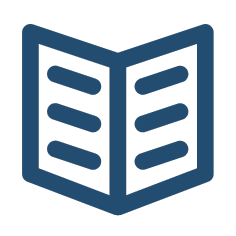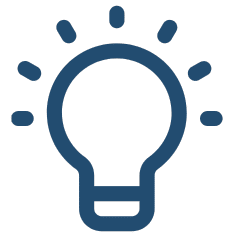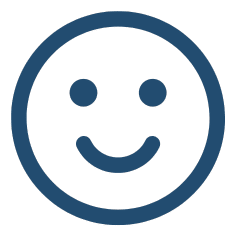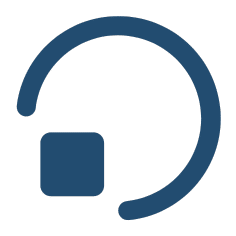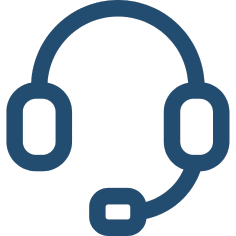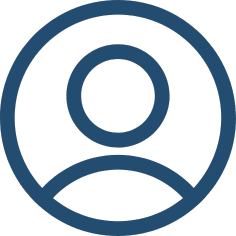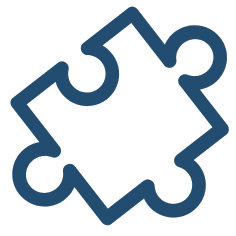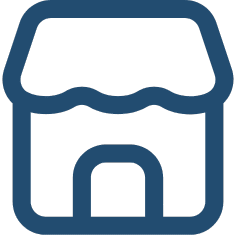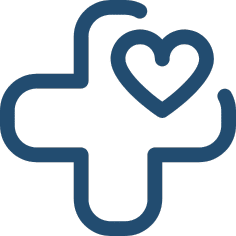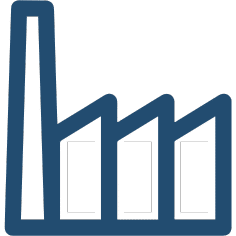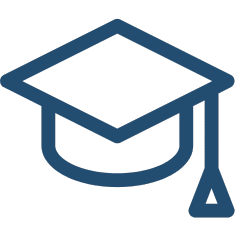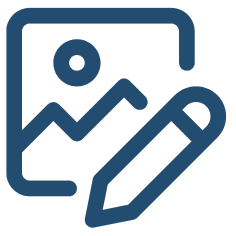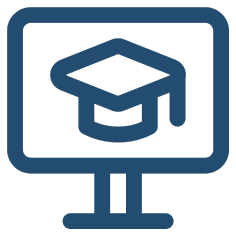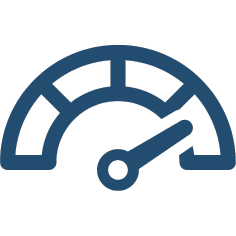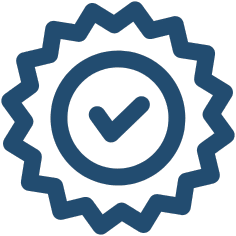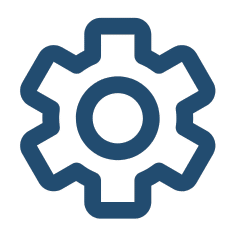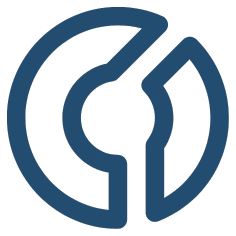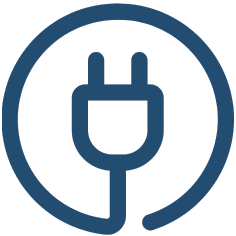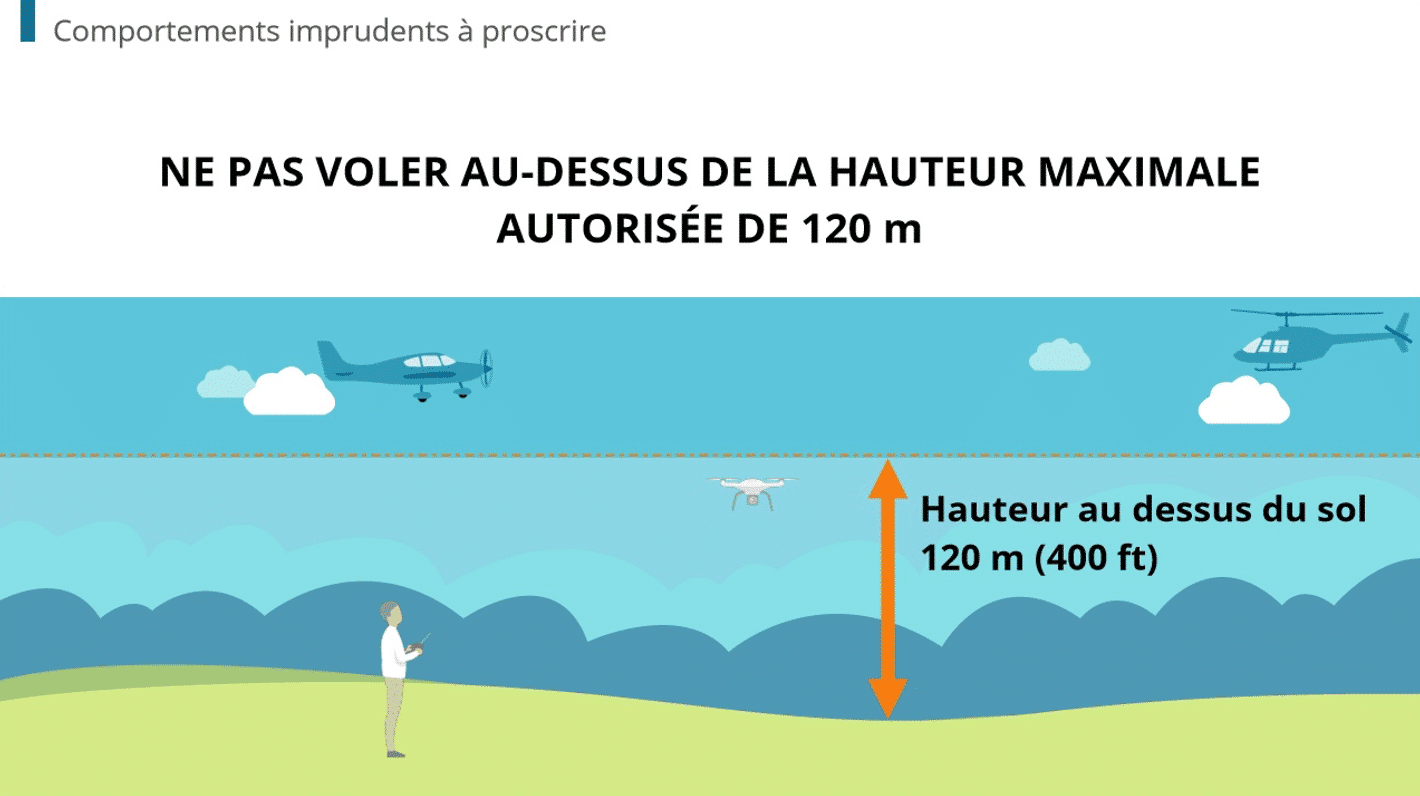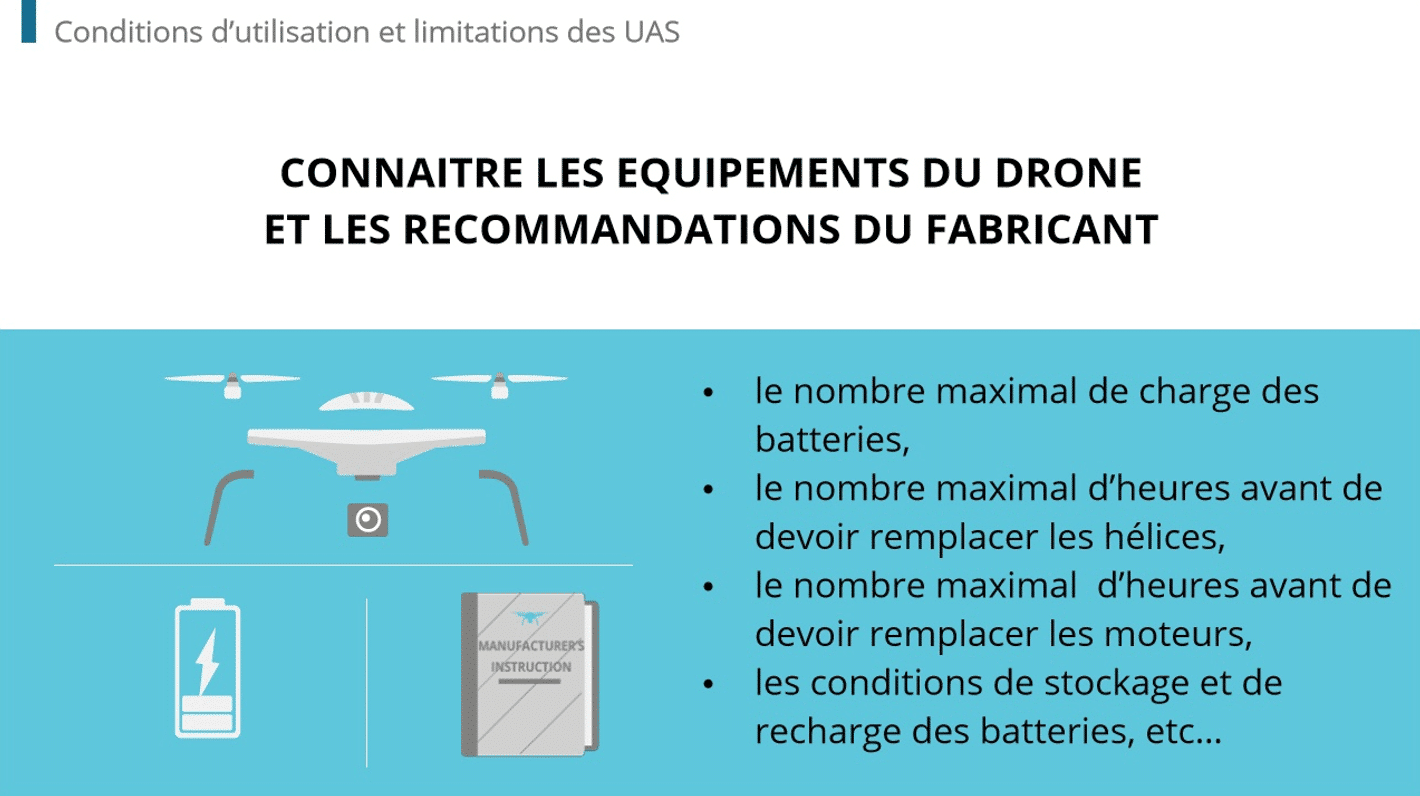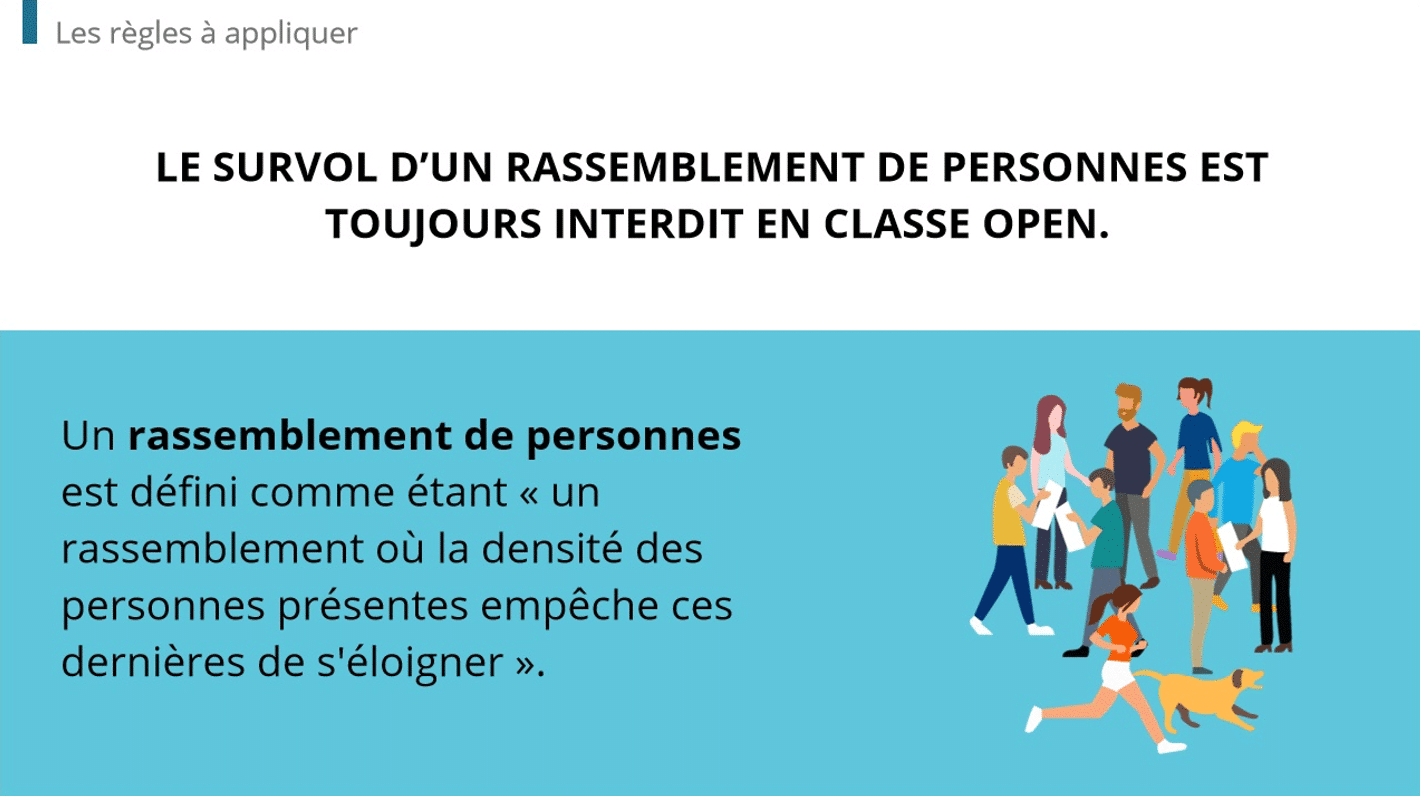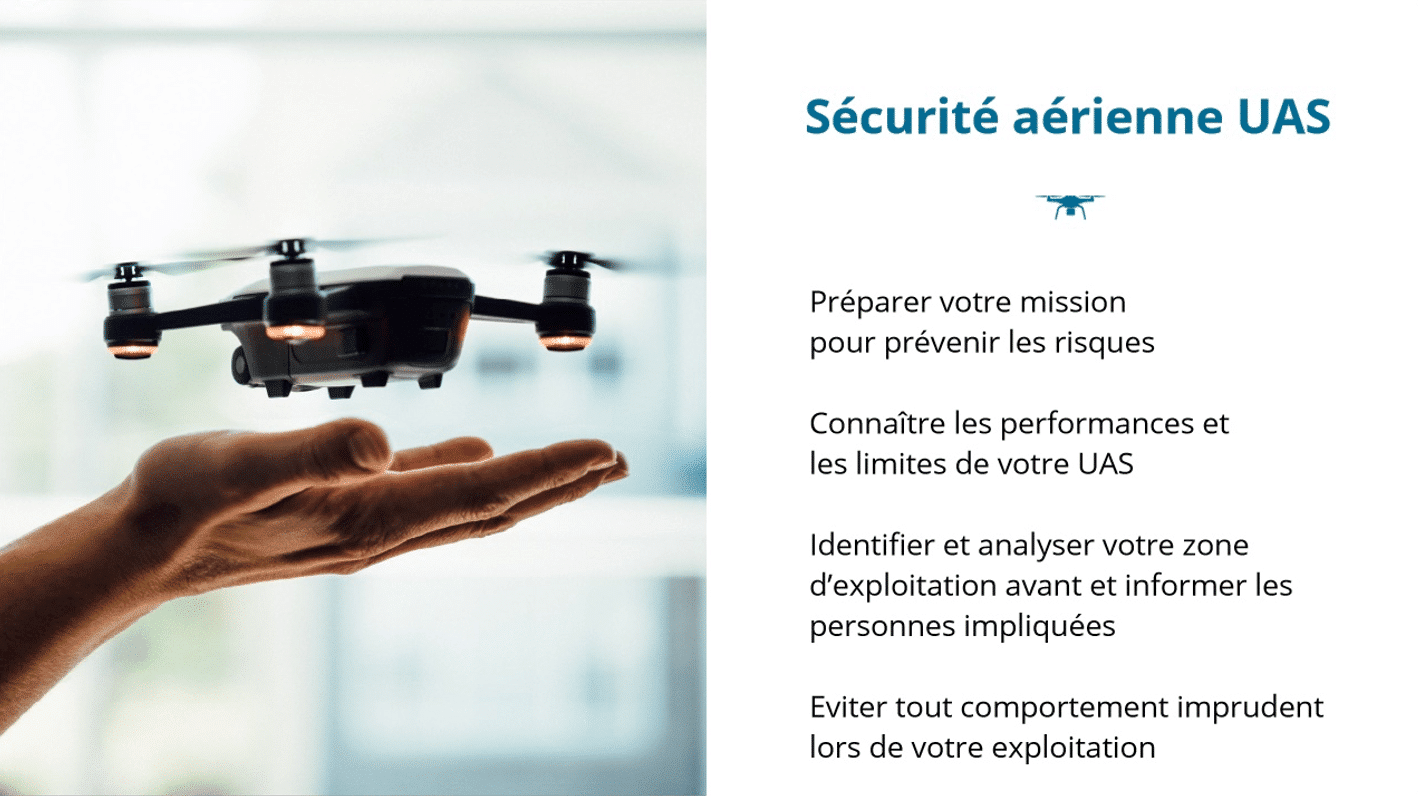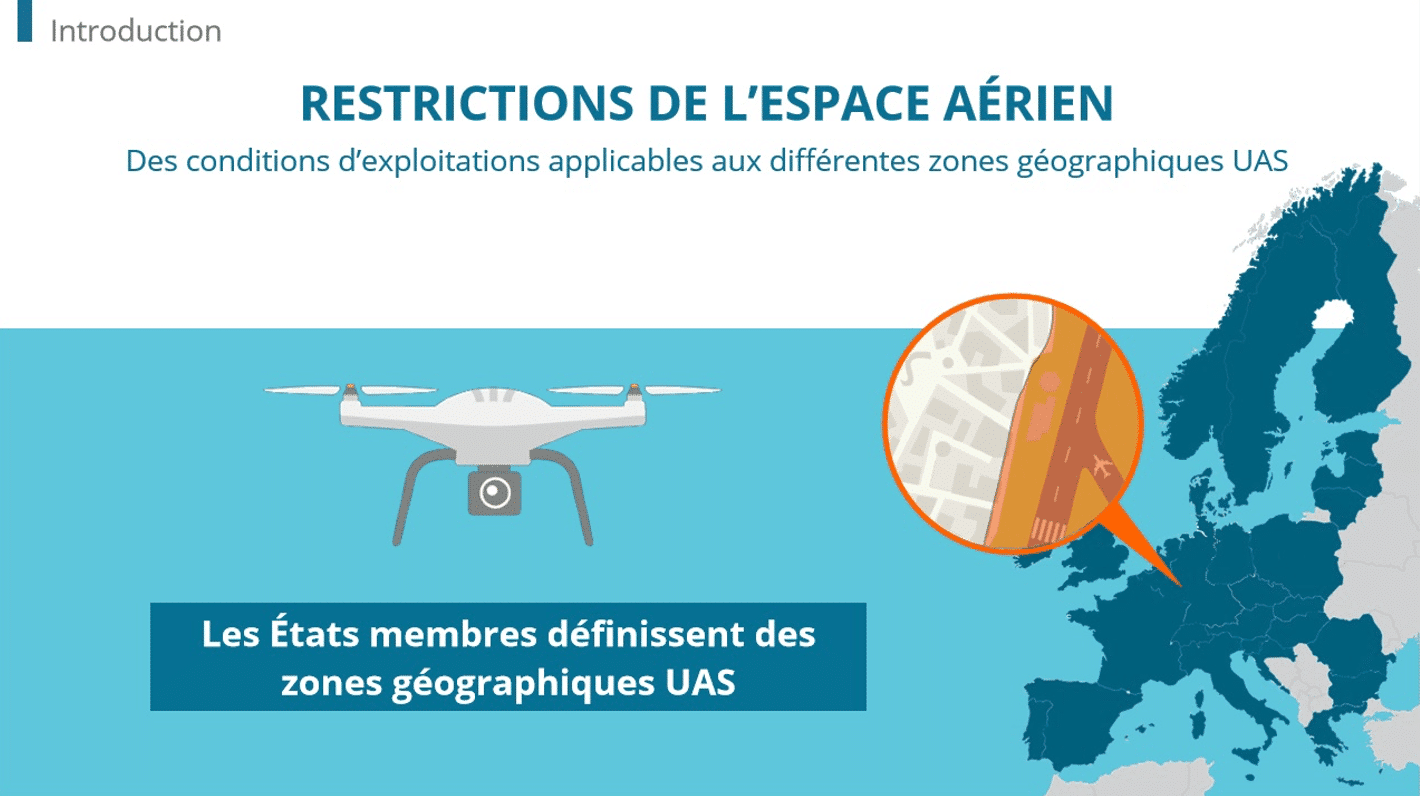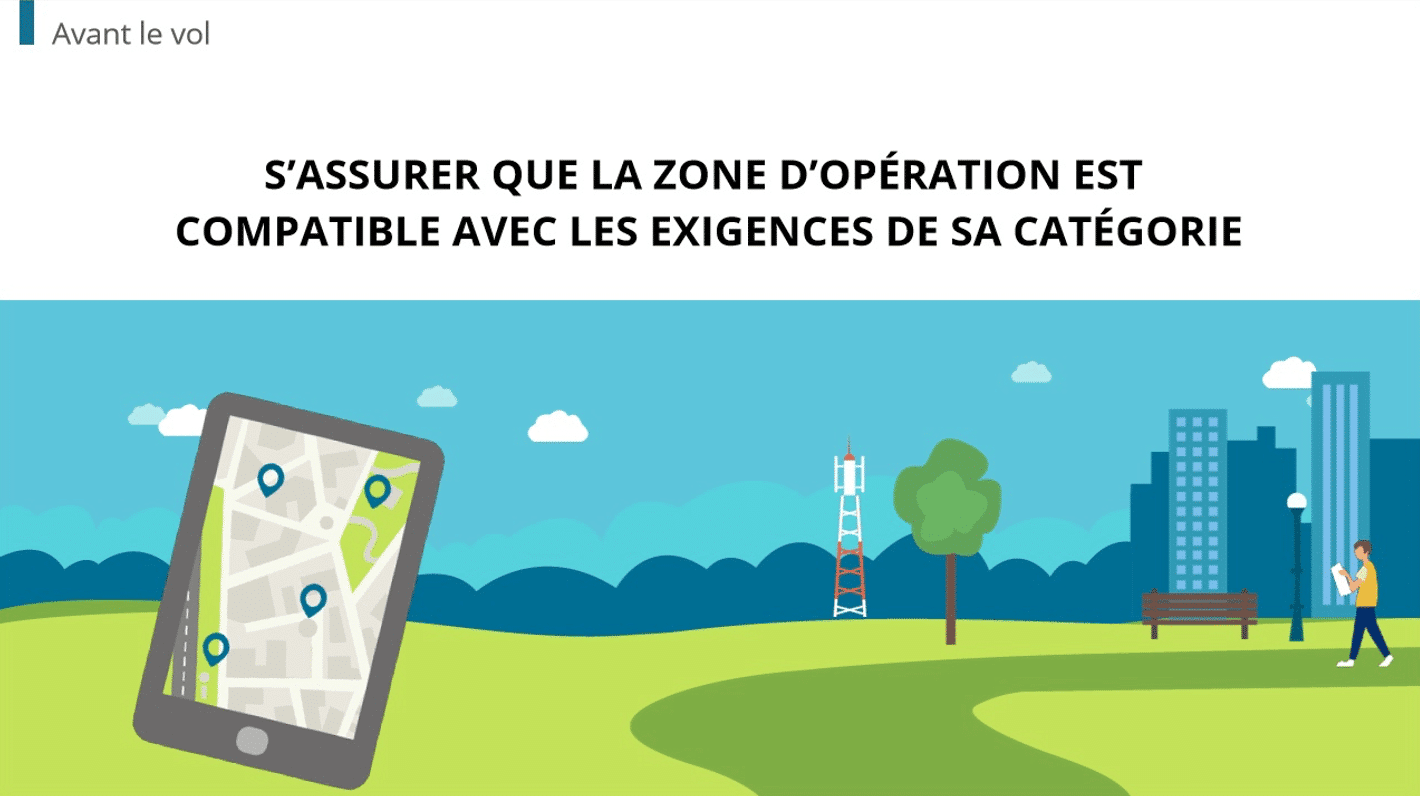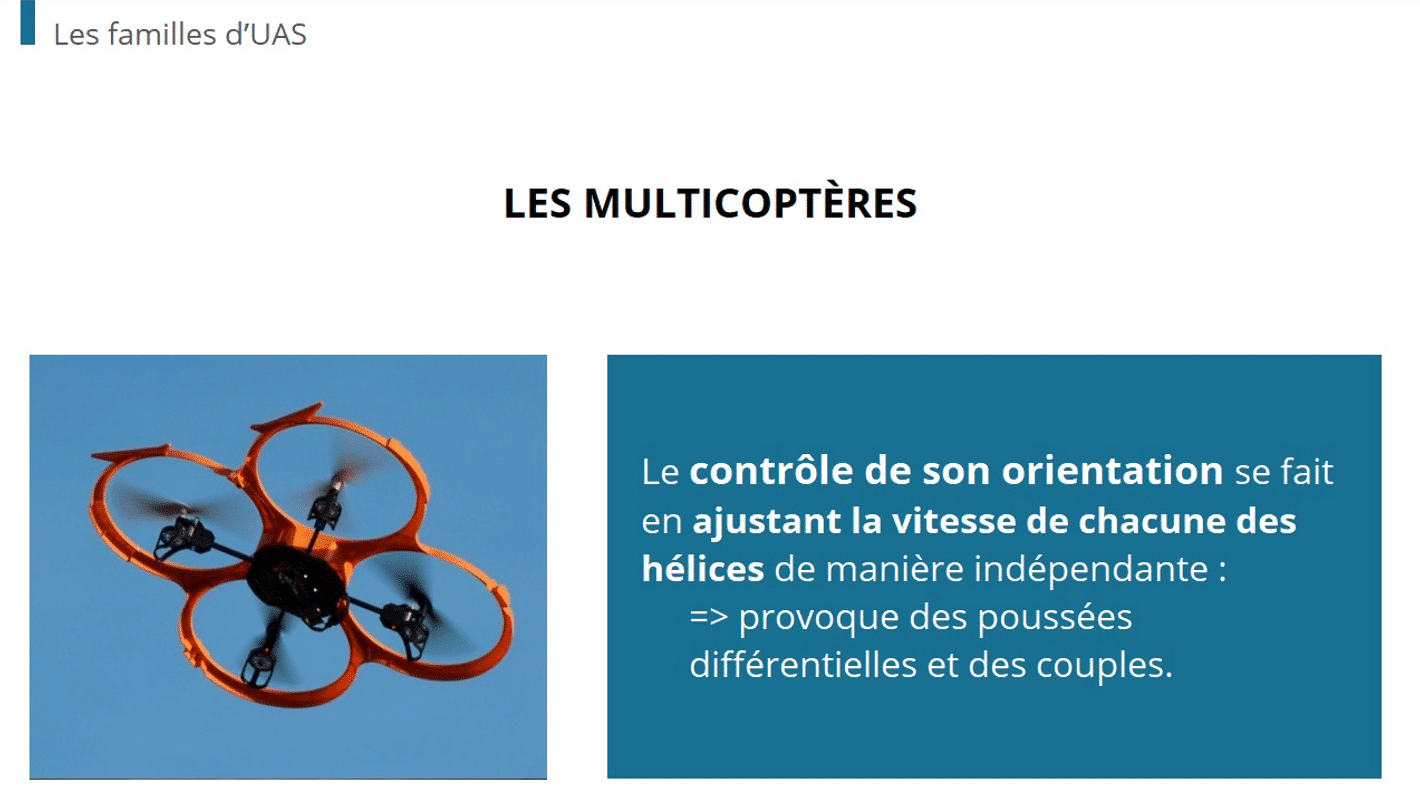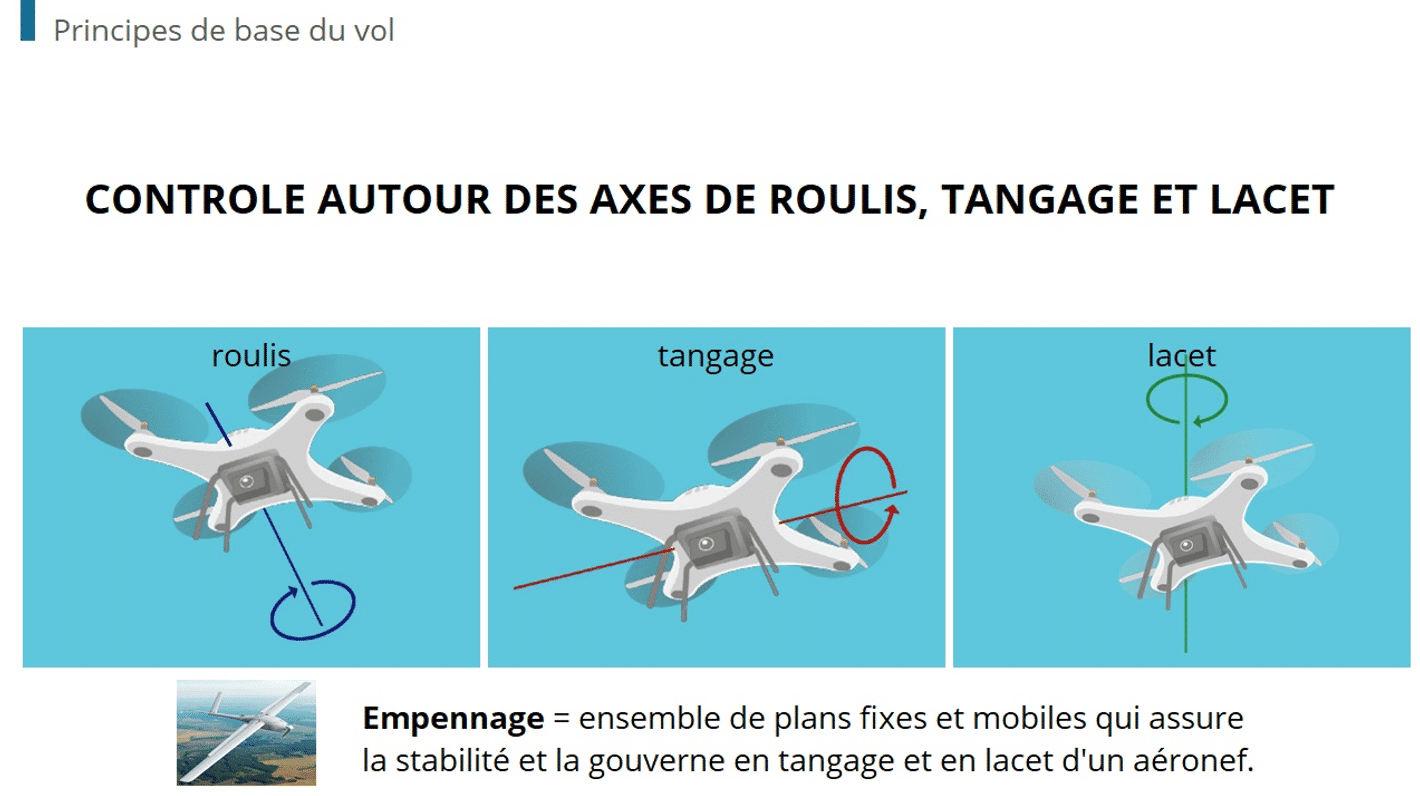From collective intelligence, to scalable technology and continuous optimisation, elearning can meet your company’s needs for agile management.
Implementing an elearning programme in business is a collaborative project. It relies on teams accepting and engaging with change. These features are part of agile management, which aims to open up and share knowledge.
How does elearning specifically relate to agile management?
1. Elearning can be understood as an operating system for collective intelligence. It’s no longer the case of having complex systems, reserved for elite companies. The voluntary participation of everyone improves these systems by simplifying them.
- Example: From developers to end-users, all project participants assess the quality of the programme. Everyone has the skills to complete, correct or improve the final tool. The barriers between the stakeholders are lifted.
2. It’s based on scalable technologies that adapt quickly and optimally to changes in society. This is the scrum method.
- Example: The elearning module is available to students for short periods of 2 to 4 weeks. It is constantly improved with no lag phase. Learners are informed about every new item.
3. It continuously improves the company’s running processes, with a view to optimising resources and increasing productivity.
- Example: the training managers focus on the content and effectiveness of training, not the professional corporate training development process.
The integration of Dokeos LMS into a company promotes talent and knowledge management. Agile, it meets the needs of a company’s HR department, offering training modules that are scalable, sustainable and profitable.




